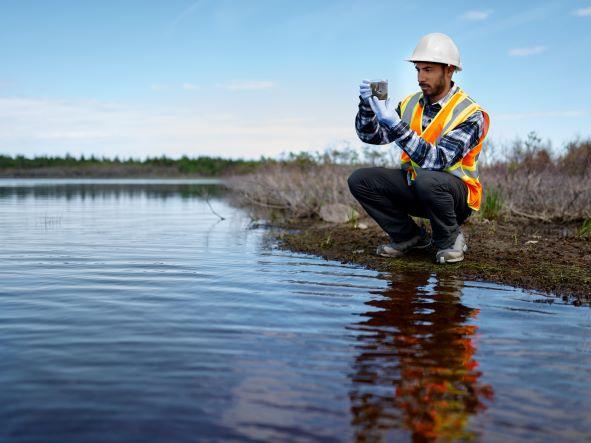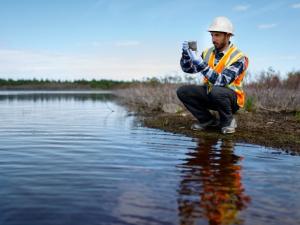By Marlee Law, Senior Advisor, APS Workforce Planning, Australian Public Service Commission.
As Australia transitions to a green economy the APS must grapple with what this means for public servants and the services they provide. The APS must consider what skills and capabilities are needed to deliver on the Government’s sustainability priorities.
The most 2023-24 Federal Budget saw large increases in resources for agencies and program relating to climate action and sustainability. Importantly, the government committed to the APS being net zero by 2030.
So how does the government plan on achieving these outcomes? Public servants will be required to build their ‘green skills’ and learn to apply an environmentalist approach to policy development and implementation across the board.
So what are green skills?
Green skills are the skills that will be required to support Australia’s transition to a green economy. These can be broken down into three broad categories:
- Increased Demand: Jobs that already exist, but will increase in demand. For example, trades and labour.
- Enhancing: Jobs that will be enhanced by green skills. For example sustainability policy, carbon taxation and green economy regulators.
- Emerging: Jobs that do not exist yet, but are emerging. For example, climate change analysts and sustainability specialists.
Enhancing and emerging green skills are a particular focus for the APS.
Availability of green skills
There is large competition for green skills in the labour market. Currently the APS only makes up 6% of the industry share of green skills job advertisements. The professional, scientific and technical industry make up 28% of the industry share.
Green-related agencies are already reporting shortages in data, digital, compliance, policy and legal roles, with a lead time of 12 months to gain relevant green skills to support their work. We also know that while agricultural and environmental enrolments are increasing, natural and physical science enrolments are decreasing.
When considering attracting skills from the university sector, it is also important to factor in that over a third of mathematics and science students go on to study further studies, creating a longer lead time before these skills enter the workforce.
All of this contributes to the national shortage of green skills and adds pressure on the APS to create pathways and pipelines for these skills.

Where is the APS in the green skills journey?
Like many organisations around the globe, the APS is working hard, across many portfolios to address this green skills gap. The APS Centre of Excellence for Workforce Planning is supporting agencies to identify upcoming skills needs, and providing analysis into the implications of budget measures of the green skills needs of relevant agencies.
For more information about green skills, please contact us at APSWFP@apsc.gov.au




